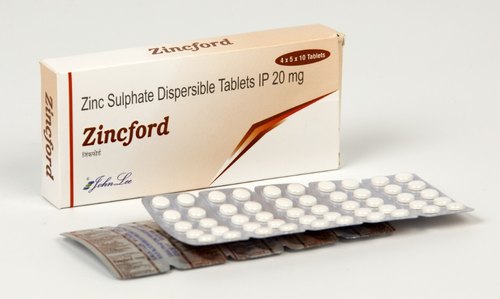l Thyroid
Introduction to l Thyroid
l Thyroid is a medication primarily prescribed for the treatment of hypothyroidism, a condition where the thyroid gland does not produce enough thyroid hormones. It is essential for maintaining the body's metabolism, energy levels, and overall growth and development. l Thyroid contains the active ingredient Levothyroxine, which is a synthetic form of the thyroid hormone thyroxine (T4). By supplementing the body's natural hormone production, l Thyroid helps restore normal hormone levels, alleviating symptoms such as fatigue, weight gain, and depression associated with an underactive thyroid.
Composition of l Thyroid
The active ingredient in l Thyroid is Levothyroxine, which is a synthetic version of the naturally occurring thyroid hormone thyroxine (T4). Levothyroxine works by replenishing the deficient levels of thyroid hormone in the body, thereby normalizing the body's metabolic processes. It helps regulate the body's energy usage, protein synthesis, and sensitivity to other hormones. By doing so, Levothyroxine effectively manages the symptoms of hypothyroidism and supports normal growth and development.
Uses for l Thyroid
- Management of hypothyroidism (underactive thyroid)
- Treatment of goiter (enlarged thyroid gland)
- Supplement therapy after thyroid removal surgery
- Support during thyroid cancer treatment
- Prevention of certain types of thyroid nodules
Side Effects of l Thyroid
- Increased heart rate
- Palpitations
- Weight loss
- Nervousness
- Insomnia
- Heat intolerance
- Excessive sweating
- Diarrhea
Precautions for l Thyroid
Before starting l Thyroid, inform your doctor of any allergies or medical conditions you may have, particularly heart disease, diabetes, or adrenal gland disorders. It is crucial to adhere to the prescribed dosage and not to discontinue the medication without consulting your healthcare provider, as sudden changes in thyroid hormone levels can have significant health impacts. Regular monitoring of thyroid function tests is recommended to ensure the effectiveness and safety of the treatment. Pregnant or breastfeeding women should consult their doctor, as dosage adjustments may be necessary during these periods.
Specifications of l Thyroid
l Thyroid is available in tablet form, specifically as Levothyroxine (50mcg) tablets. Currently, there are no syrup, injection, or capsule forms of l Thyroid available. The tablets are designed for oral administration and should be taken as directed by a healthcare professional, typically on an empty stomach, 30 minutes to an hour before breakfast.
Conclusion
l Thyroid plays a vital role in managing hypothyroidism by supplementing the body's natural thyroid hormone levels. With Levothyroxine as its active ingredient, it effectively alleviates symptoms and supports overall health. While generally well-tolerated, it is important to adhere to your healthcare provider's guidance regarding dosage and monitoring. By doing so, patients can maintain a balanced thyroid function and improve their quality of life.
Similar Medicines
More medicines by Johnlee Pharmaceuticals Pvt Ltd
Available in 4 variations

L-Thyroid 50mcg Tablet
strip of 100 tablets

L-Thyroid 100mcg Tablet
strip of 100 tablets

L-Thyroid 25mcg Tablet
strip of 100 tablets

L-Thyroid 125mcg Tablet
strip of 100 tablets
Disclaimer : This information is not a substitute for medical advice. Consult your healthcare provider before making any changes to your treatment . Do not ignore or delay professional medical advice based on anything you have seen or read on Medwiki.
l Thyroid
Prescription Required
Manufacturer :
Johnlee Pharmaceuticals Pvt LtdComposition :
thyroxine/levothyroxine












.svg)
